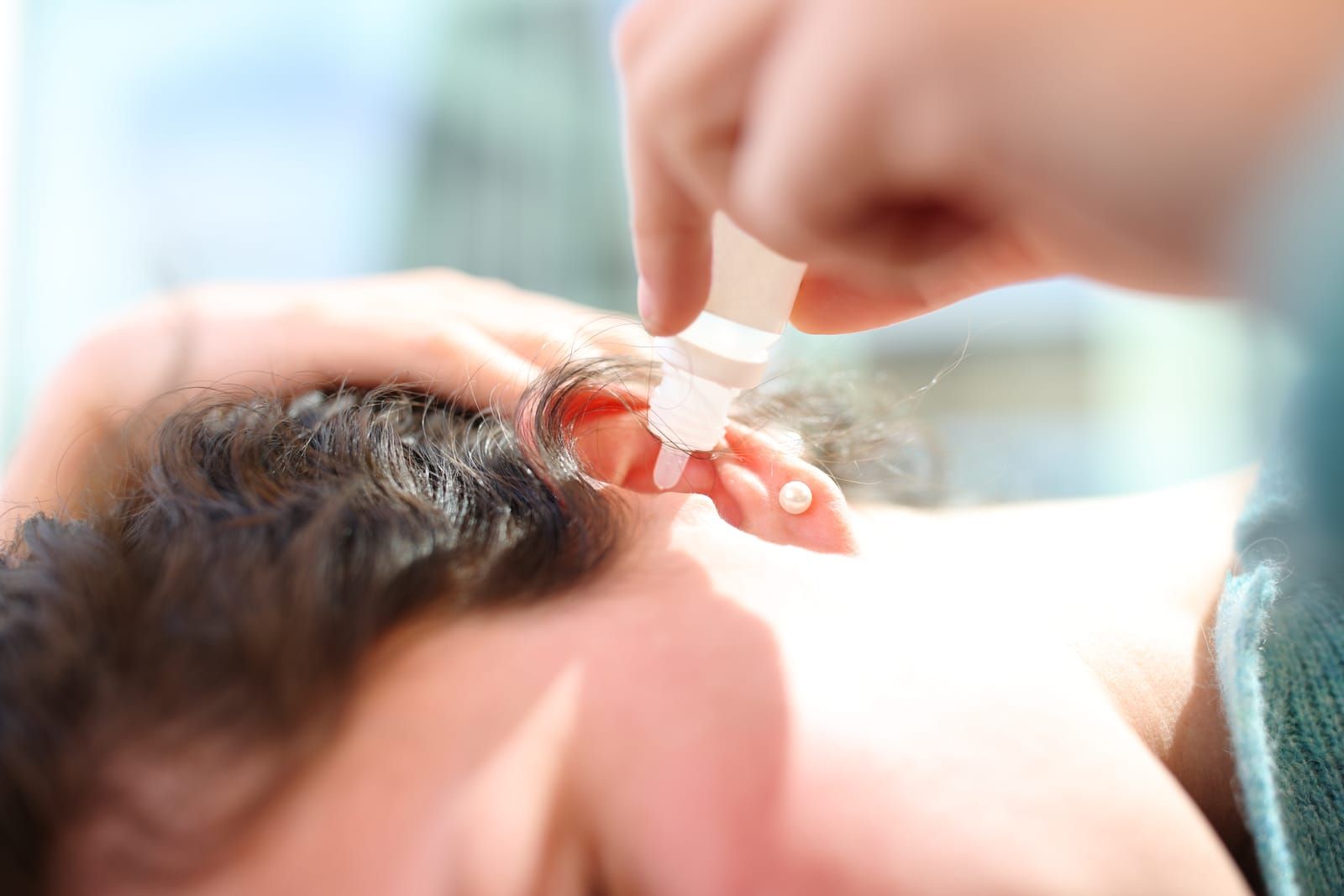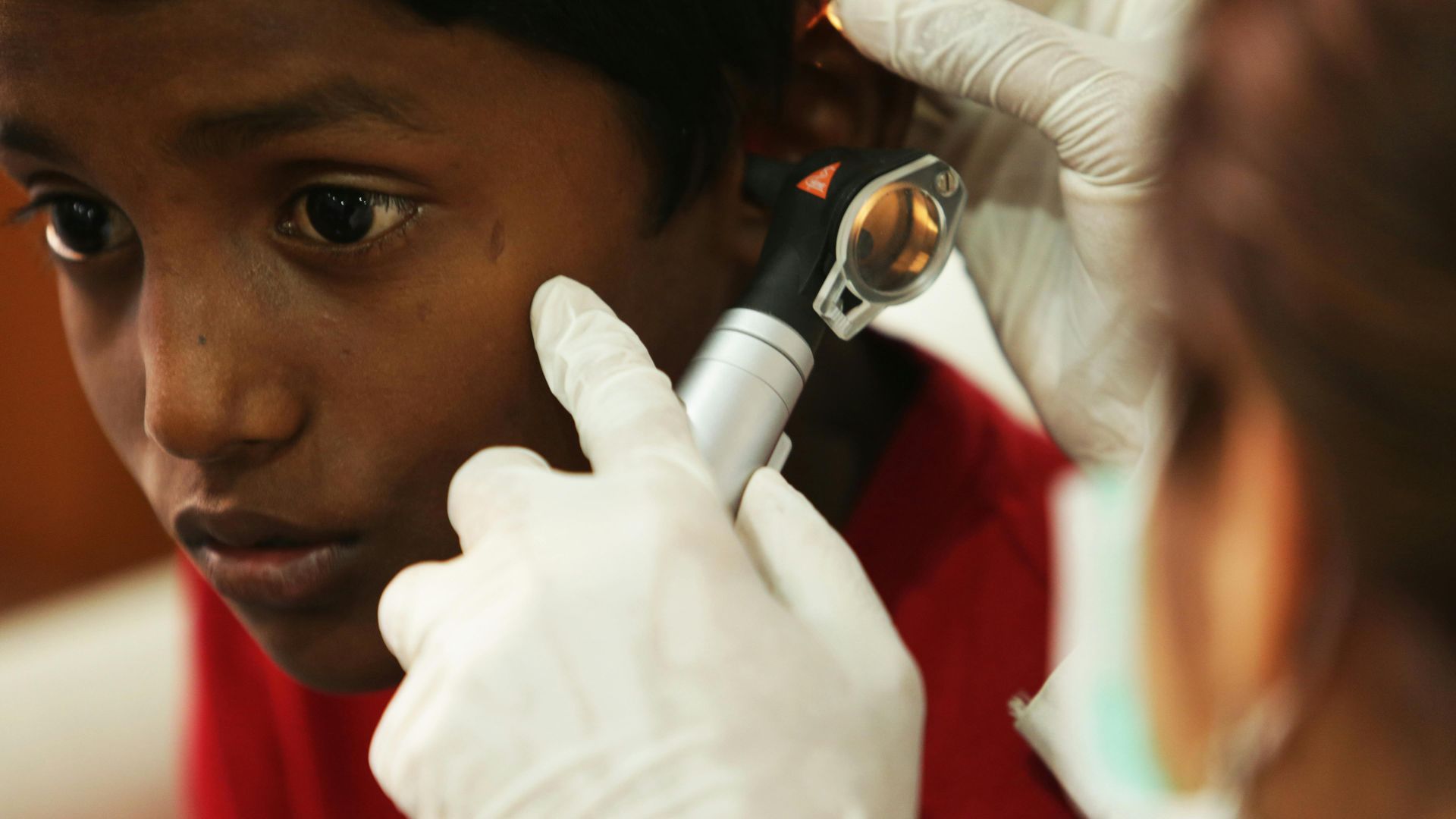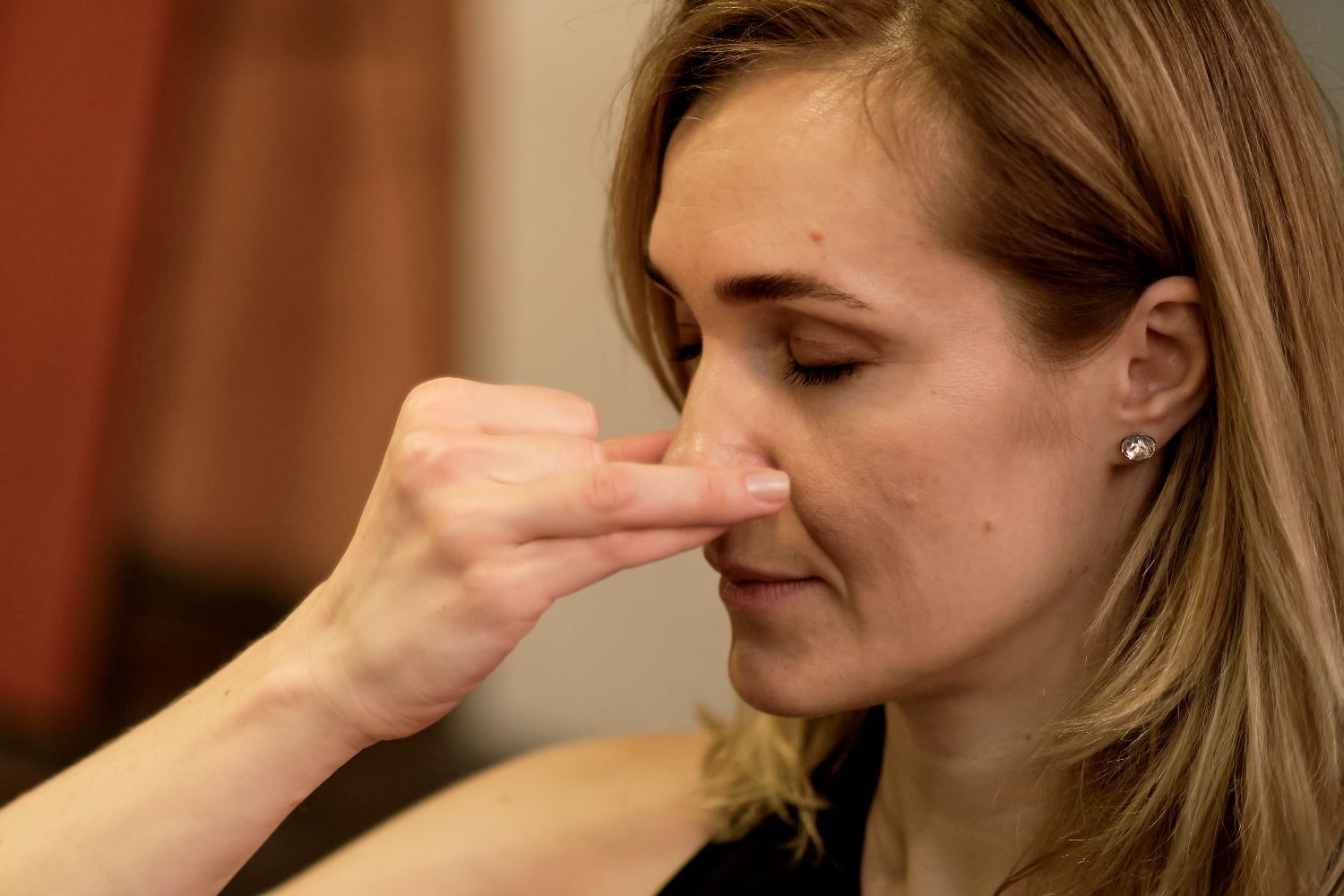Choosing the Right Audiologist: Tips for Finding Quality Audiology Services
When it comes to hearing health, choosing the right audiologist can make all the difference. Whether you’re experiencing hearing loss, tinnitus, or just need a routine check-up, finding a qualified professional who understands your unique needs is essential. So how do you choose the right audiologist? Let’s explore some practical tips to help you find quality audiology services that meet your needs.
Understand the Role of an Audiologist
First off, it's good to know what an audiologist actually does. Audiologists are healthcare professionals specializing in diagnosing and treating hearing, balance, and communication disorders. They perform comprehensive hearing tests, fit hearing aids, and offer rehabilitation services. Understanding their role will help you identify what you need from them.
Tips for Finding Quality Audiology Services
Ask for Recommendations
One of the best ways to find a good audiologist is to ask people you trust for their suggestions. Start by talking to friends, family, or your primary care doctor. If someone you know has had a positive experience with an audiologist, there's a good chance you'll feel comfortable with them too. Additionally, take some time to read online reviews. These can provide valuable insights into what other patients have experienced, helping you make a more informed decision.
Check Credentials and Experience
When looking for an audiologist, start by checking their credentials. Make sure they are licensed and certified by a recognized professional organization, such as the American Speech-Language-Hearing Association (ASHA) or the American Academy of Audiology (AAA). These certifications ensure that the audiologist has the necessary training and adheres to professional standards.
Experience matters too! An audiologist with years of practice will likely have encountered a wide range of cases, giving them the expertise to handle your specific situation. Don’t hesitate to ask about their background and experience with particular hearing issues.
Look for Specializations
Audiology is a broad field, and many audiologists focus on specific areas of expertise. Some might specialize in pediatric audiology, while others may focus on cochlear implants or managing tinnitus (ringing in the ears). If you have unique needs, it’s a good idea to look for an audiologist who has experience in that particular area. Considering their specialization ensures they have the right experience and approach, allowing you to receive the most appropriate support for your situation.
Consider Location and Accessibility
When choosing an audiologist, consider their location and the accessibility of their office. If you have mobility issues or require frequent visits, finding a conveniently located practice can make a big difference. Also, check if the office is equipped with the necessary facilities to accommodate your needs.
Schedule a Consultation
Once you’ve narrowed down your options, consider scheduling a consultation with the audiologist. This initial meeting provides an excellent opportunity to ask questions, discuss your concerns, and assess how comfortable you feel with the audiologist.
Take note of their communication style. Do they take the time to listen to your needs? Do they explain things clearly and in a way that makes sense to you? A skilled audiologist should make you feel heard and respected. Additionally, observe the staff members—are they friendly and helpful? A welcoming atmosphere can greatly enhance your experience and make your visits more enjoyable.
Inquire About Technology and Treatment Options
Hearing technology has rapidly advanced in recent years. Ask about the types of hearing aids and assistive devices they offer, as well as their approach to fitting and adjusting these devices. A quality audiologist will provide you with options that fit your lifestyle and budget.
Additionally, inquire about the services offered beyond just hearing tests. Do they provide counseling or rehabilitation programs? Access to comprehensive care can be beneficial for your overall hearing health.
Check Insurance and Payment Options
Before making a final decision, check if the audiologist accepts your insurance plan. Understanding your coverage can help you avoid unexpected costs. If you don’t have insurance or if your plan doesn’t cover audiology services, inquire about payment plans or financing options. Many practices offer flexible payment solutions to make hearing care more accessible.
Quality Audiology Services in Connecticut
At ENT Medical and Surgical Group, our expert Audiology Team is trained in the latest hearing technology, allowing us to provide personalized hearing solutions tailored to your specific needs. We specialize in diagnosing hearing issues and creating customized treatment plans for individuals of all ages, including children, adults, and seniors.
Our comprehensive services include thorough hearing tests and specialized treatments designed to enhance your hearing health. If you have any questions or are experiencing ear problems, don’t hesitate to reach out to us. We're here to help you regain your hearing and improve your quality of life!













